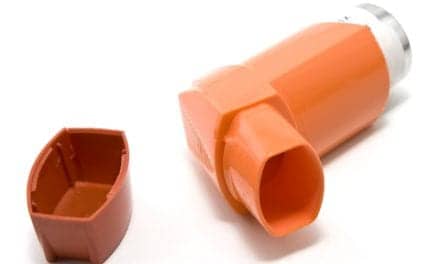For the last 200 years, medical professionals have unanimously regarded the stethoscope as a reliable device for listening to the lungs. But not all could agree on what exactly it was that they were hearing. An invention by an Israeli physician should bring more of them into agreement.
Igal Kushnir has developed vibration response imaging (VRI), a technology that measures energy generated in the lungs and analyzes it to diagnose conditions such as asthma, pneumonia, and lung tumors. On July 23, the FDA granted Kushnir’s Israeli startup company, Deep Breeze Ltd, approval to begin marketing a VRI device in the United States.
Kushnir’s process works by analyzing acoustic vibrations given off by the lungs. As a patient breathes normally for several seconds, sensors placed on the back—in effect, electronic stethoscopes—pick up these lung vibrations and feed them to a computer, where they’re processed into vivid images. Significantly, VRI uses no radiation, which Kushir has long criticized the medical community for overusing.
"VRI is an extremely novel approach that literally allows the doctor to see an image of what he is hearing," says Heinrich Becker, a leading pulmonary expert at the University of Heidelberg. Deep Breeze began selling in several Western European and East Asian countries earlier this year.
"Their device could largely replace existing breathing tests, as there is nothing else like it on the market," predicts Atul Mehta, vice-chairman of pulmonary and allergy medicine at the Cleveland Clinic, who has been testing the technology for the past year.
The company already is at work on versions of its device that could cost as little as $10,000. "It’s so easy to use that we’re looking to develop much cheaper models that will go into general practitioners’ offices," says Avraham Ludomirski, managing partner at SCP Vitalife Partners, a US-Israeli venture capital fund that is among the major investors in Deep Breeze. The company’s current model costs $40,000 to $50,000.
Kushnir has moved beyond lungs. At the moment, he is testing a device with VRI technology to analyze heart function, though Deep Breeze is being cagey on what exactly its application would be.









